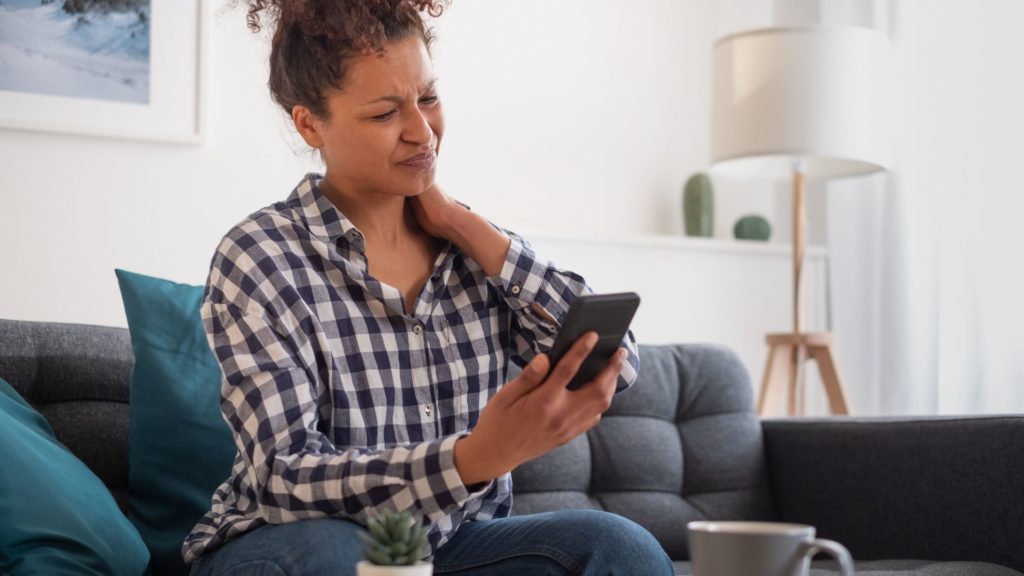There are two main causes of muscle pain, cramps and strains. Brief acute pain is usually due to muscle cramps. Continuous pain is usually due to muscle overuse from a strenuous activity.
Muscle Cramps
Muscle cramps are caused by fatigue in a muscle. The muscle contracts but does not relax leading to a condition described as “cramping up” or “knotting up”. This painful condition occurs most often when engaged in strenuous activity in hot weather. The best treatment is rest, massage of the affected muscle, and consumption of fluids. Cramps due to exertion are a temporary condition.
Sometimes cramps occur when people are sleeping, most commonly in the calf muscles. These are usually temporary and don’t indicate any underlying problem. Treat by gently pointing the toes towards the upper part of the body. Persistent cramps during sleep should be addressed with a patient’s physician as they may result as side effects from medications.
Muscle Strains
A muscle strain, commonly called a “pulled” or “torn” muscle is an injury where muscle fibers are actually torn. Muscle tears happen when a muscle is stretched too fast. They commonly occur when a muscle is working, during running, walking, or other athletic activity. A muscle tear is usually accompanied by pain and the inability to continue strenuous activity. These tears typically occur at the point where muscle becomes tendon, or the muscule-tendon junction.
Muscle strains are classified as mild (first degree), moderate (second degree) or severe (third degree). Mild muscle strains involve limited tearing and may be described as feeling “knotted up.” Activity can often be continued, but with limitation. Severe strains involve the complete rupture of a muscle and may be accompanied by a “snap.” The injured person will not be able to continue his or her activity or use the muscle at all. The moderate strain has symptoms somewhere in between mild and severe.
Treatments for Muscle Cramps
Immediate treatment for muscle strain is to stop the activity that caused it. Ice packs should be applied to the affected muscle for at least twenty minutes every four hours. As the muscle heals the need for cold treatment lessens. Over-the-counter pain-killers such as acetaminophen or ibuprofen can be taken.
After a short period of rest (24-48 hours) movement should be resumed to avoid stiffness and muscle weakness. Activities should be resumed gradually, taking care to lightly stretch the muscle before use. The recovery period can vary from two weeks to several months depending on the severity of the initial strain.
The best way to prevent muscle strain is to warm up muscles before exercise. This can take the form of stretching, or light walking or jogging.
Contact Us Today
Contact us today if you have been experiencing persistent muscle cramps or pains.

